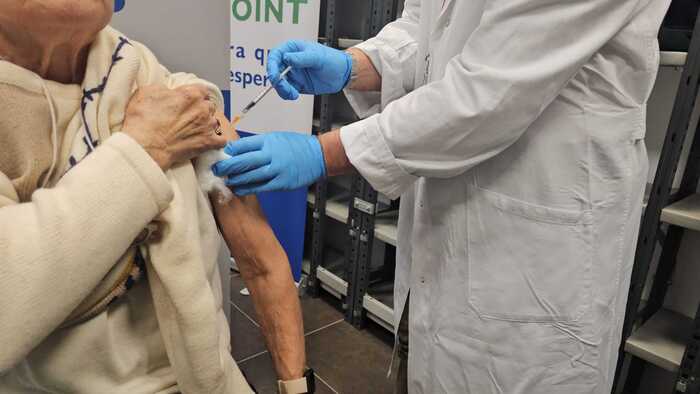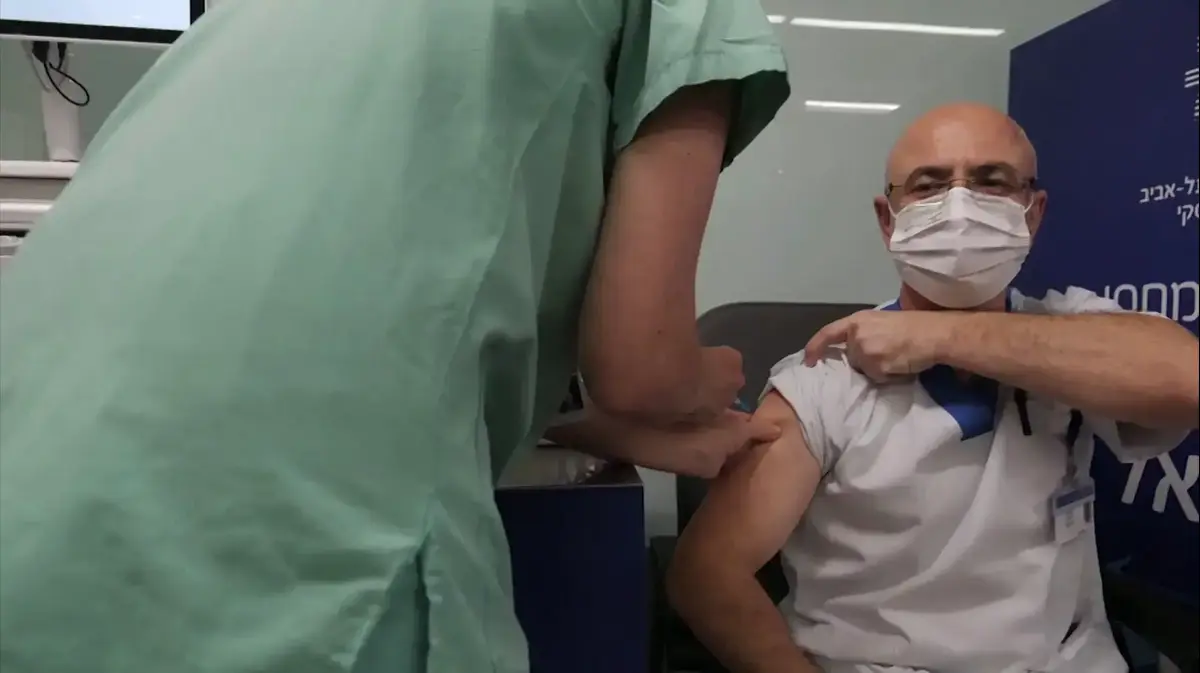The experimentation on the so-called future anti-heart attack 'vaccine', the drug Inclisiran, as defined by the father of modern cardiology Eugene Brauwnwal, starts at the Monzino Cardiology Center in Milan, with the first three patients.
The study will involve over 10 thousand patients worldwide, with the aim of demonstrating that the new drug from Novartis (which is not really a vaccine but which has been defined as such for its ability to strongly reduce a risk factor strategy of heart attack), which is administered only twice a year, is able to reduce the risk of serious cardiovascular events, such as heart attack and stroke, by halving the levels of bad LDL-C cholesterol.
"LDL-C is known to play a key role in the development and progression of cardiovascular and atherosclerotic diseases and it is shown that lowering their levels in the blood results in a reduction in their incidence and mortality", explains Piergiuseppe Agostoni,
director of the Monzino Department of Critical and Rehabilitative Cardiology.
"An effect that is even more important in those most at risk, such as those who have already experienced a cardiovascular event (heart attack and stroke) in their history. These are precisely the patients on which this study is focused - he adds - to date in fact, even though having a wide range of anti-cholesterol drugs available, including the well-known statins, the desired LDL-C targets to reduce the risk of relapse are often difficult to obtain. "
"Inclirisan - he says - is the first drug of a new class which, in previous clinical studies, has already shown that it can lower LDL-C levels by 50% both in patients with cerebrovascular disease (Cevd) and in patients with polyvascular disease. (Pvd). (ANSA).
An effect that is even more important in those most at risk, such as those who have already experienced a cardiovascular event (heart attack and stroke) in their history.
These are the patients on which this study is focused - he adds - to date in fact, despite having a wide range of anti-cholesterol drugs available, including the well-known statins, the desirable LDL-C targets to reduce the risk of relapse are often difficult to obtain "." Inclirisan - he says - is the first drug of a new class which, in previous clinical studies, has already shown that it can lower LDL-C levels by 50% both in patients with cerebrovascular disease (Cevd) than in patients with polyvascular disease (PVD).
(HANDLE).
An effect that is even more important in those most at risk, such as those who have already experienced a cardiovascular event (heart attack and stroke) in their history.
These are the patients on which this study is focused - he adds - to date in fact, despite having a wide range of anti-cholesterol drugs available, including the well-known statins, the desirable LDL-C targets to reduce the risk of relapse are often difficult to obtain "." Inclirisan - he says - is the first drug of a new class which, in previous clinical studies, has already shown that it can lower LDL-C levels by 50% both in patients with cerebrovascular disease (Cevd) than in patients with polyvascular disease (PVD).
(HANDLE).
These are the patients on which this study is focused - he adds - to date in fact, despite having a wide range of anti-cholesterol drugs available, including the well-known statins, the desirable LDL-C targets to reduce the risk of relapse are often difficult to obtain "." Inclirisan - he says - is the first drug of a new class which, in previous clinical studies, has already shown that it can lower LDL-C levels by 50% both in patients with cerebrovascular disease (Cevd) than in patients with polyvascular disease (PVD).
(HANDLE).
These are the patients on which this study is focused - he adds - to date in fact, despite having a wide range of anti-cholesterol drugs available, including the well-known statins, the desirable LDL-C targets to reduce the risk of relapse are often difficult to obtain "." Inclirisan - he says - is the first drug of a new class which, in previous clinical studies, has already shown that it can lower LDL-C levels by 50% both in patients with cerebrovascular disease (Cevd) than in patients with polyvascular disease (PVD).
(HANDLE).
the desirable LDL-C targets to reduce the risk of relapse are often difficult to obtain "." Inclirisan - he says - is the first drug of a new class that, in previous clinical studies, has already shown that it can lower the LDL-C levels both in patients with cerebrovascular disease (Cevd) and in patients with polyvascular disease (Pvd).
(HANDLE).
the desirable LDL-C targets to reduce the risk of relapse are often difficult to obtain "." Inclirisan - he says - is the first drug of a new class that, in previous clinical studies, has already shown that it can lower the LDL-C levels both in patients with cerebrovascular disease (Cevd) and in patients with polyvascular disease (Pvd).
(HANDLE).









